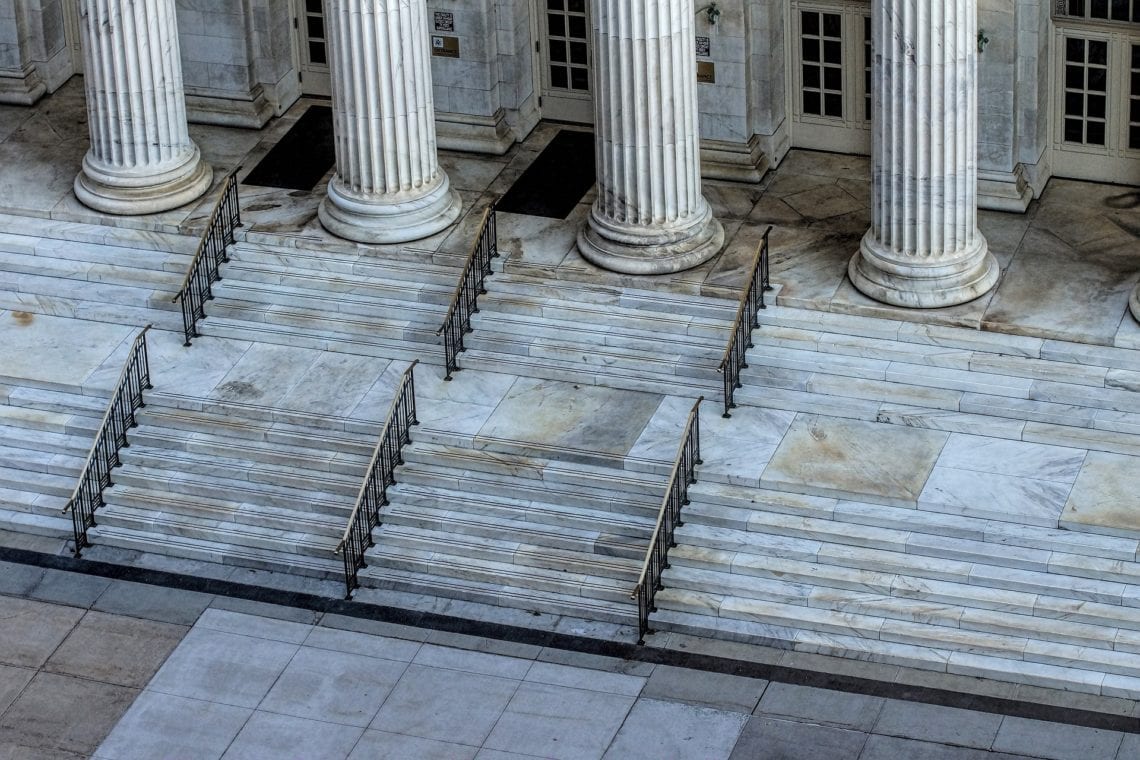
In Texas, a DWI arrest and conviction comes with some serious consequences both criminally and civilly. If you are arrested for DWI, a criminal case vs DPS civil case are handled differently and in different courts. A civil case typically involves the dispute between people, or, in some instances, organizations. A criminal case involves an action that someone does that is considered dangerous to the public.
Criminal Case vs DPS Civil Case: What Is an ALR Hearing?
Your criminal case vs DPS civil case are not dependent on one another. When you are arrested for DWI, the Administrative License Revocation (ALR) Program is an administrative process outside of your criminal case. If you fail a breathalyzer or chemical test, then you may have your driver’s license suspended for between ninety days and two years, for first offenders. If you refuse a test, then there is an automatic one-year suspension of your license if you drive a commercial vehicle.
The ALR Process
If you are suspected of driving while intoxicated, then you will be asked to perform a series of field sobriety tests. If you do not pass them, you will be arrested for DWI. You will have to perform a breathalyzer or chemical test to measure BAC level. If you fail or refuse to take a BAC test, your license will be immediately suspended. Then, you will be notified that you have 15 days post-suspension to request a hearing.
If you do not request a hearing, your suspension takes effect forty days post-notice. If, however, there are reasons that are beyond your control like missing or delayed paperwork, the days can be back-dated or retroactive from the original date on the notice. Upon arrest, the officer will confiscate your driver’s license and issue you a temporary driving permit. There is a $125 reinstatement fee to renew your license or to get a new one.
Hearings for ALR
Some individuals may be allowed to request a hearing for an ALR to fight their suspension. If the request is submitted within the fifteen-day period, the Department of Public Safety (DPS) will issue a notice to the address on file. However, it may take as many as 120 days to schedule a hearing. If you do not request a hearing within the fifteen-day confine, your request will be denied, and you will be notified by mail.
What Are the Possible Outcomes?
At the hearing, your case will be heard by the Administrative Law Judge. After the parties are heard, the judge will issue an appealable, but final, decision. If the judge feels that the DPS has sufficiently presented its case, he will approve a suspension of your license. If the judge finds that there is not sufficient proof, your license will not be suspended.
A criminal case vs DPS civil case differ in the way they are handled. If the judge does not rule in your favor, it is possible for you to lose your license for up to two years. That is why having a professional like Stephen T. Bowling on your side to plead your case is important. Contact his office today to set up an appointment to discuss your DWI arrest and the differences between a criminal case vs a DPS civil case.
